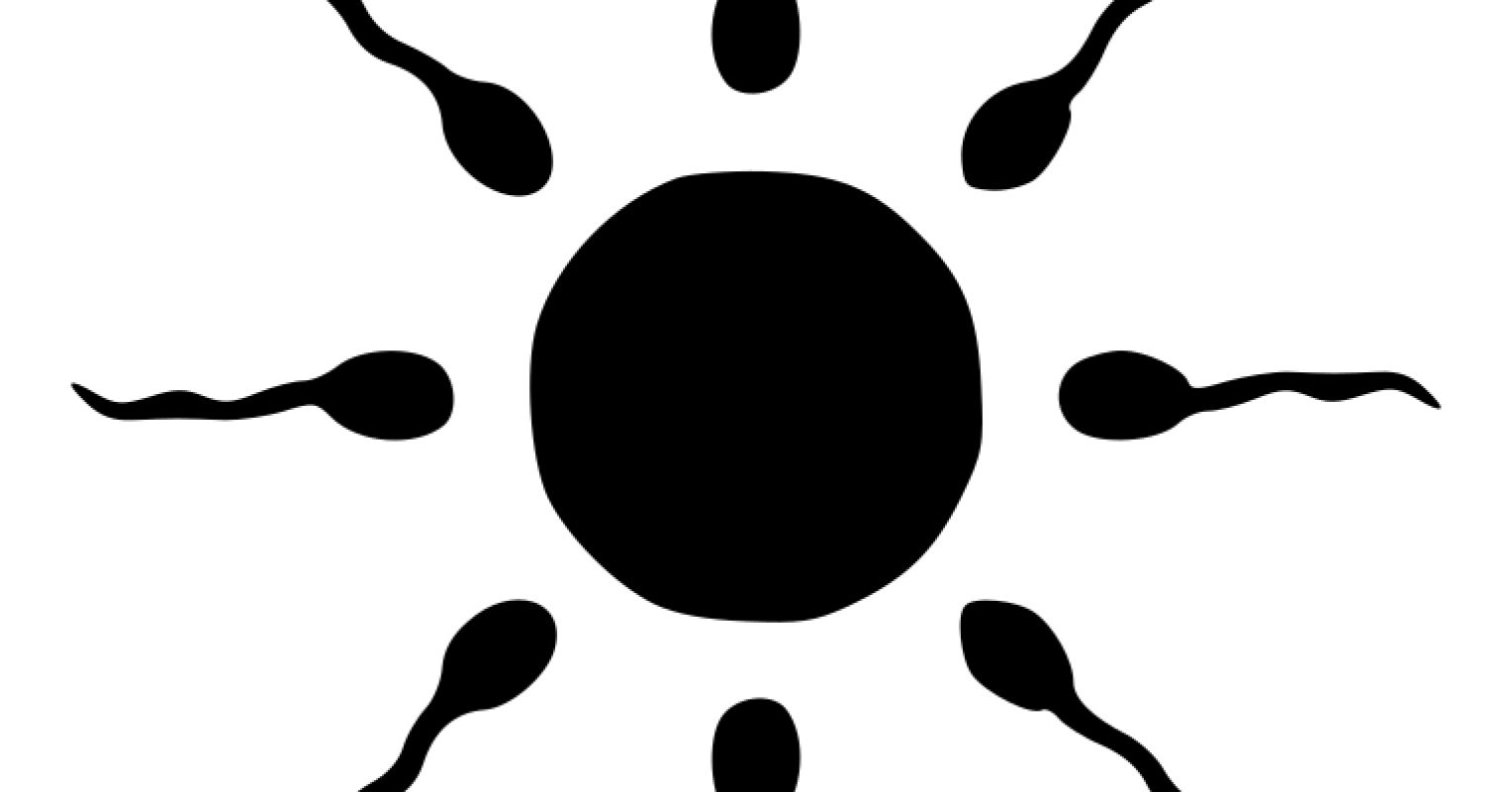
"Although the aim has not been to create hybrid creatures, mitochondrial donation seeks to prevent devastating diseases linked to mitochondria, affecting about 1 in 7,000 live births."
"Children affected by mitochondrial disease can experience severe issues such as developmental delays, profound muscle weakness, hearing loss, strokes, and often do not survive beyond age 3."
"The procedure involves transferring DNA from parents’ fertilized egg with unhealthy mitochondria into a donor egg, which has healthy mitochondria but stripped genetic material, leading to a unique genetic mix."
"This method leads to a baby with genetic contributions from two parents, nearly half from the father, half from the mother, and a small percentage from a third donor."
Mitochondrial donation has enabled the birth of eight babies conceived with one sperm and two eggs, aiming to prevent mitochondrial diseases. These diseases affect 1 in 7,000 births and can cause severe health issues, often resulting in early death. The procedure involves transferring genetic material from a fertilized egg with unhealthy mitochondria into a donor egg with healthy mitochondria, creating a unique genetic composition where the baby receives nearly half of its DNA from each parent and a small fraction from the egg donor. While children have appeared healthy, ethical concerns linger regarding the manipulation of genetic material.
Read at Psychology Today
Unable to calculate read time
Collection
[
|
...
]